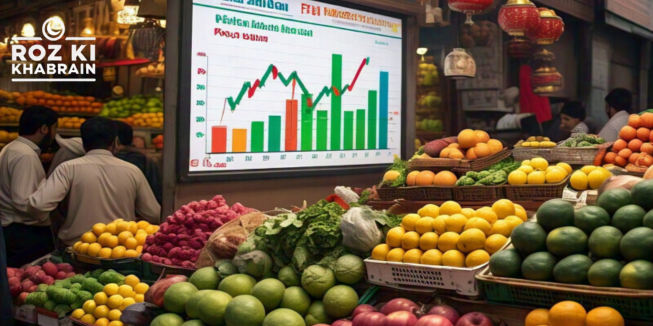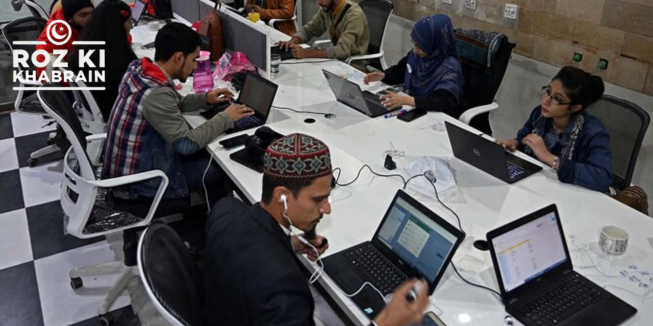KARACHI, Jan 1 (Reuters) – Pakistan’s consumer inflation rate eased to 4.1% year-on-year in December, marking the lowest rate in over 6-1/2 years, according to the statistics bureau.
The country is navigating a difficult economic recovery, supported by a $7 billion facility from the International Monetary Fund (IMF) granted in September. Consumer prices in December rose by just 0.1% compared to the previous month, the Pakistan Bureau of Statistics reported.
The finance ministry’s recent monthly report had predicted an annual inflation rate between 4-5% for December. Inflation had already slowed to 4.9% in November, driven by a high base from the previous year, well below the government’s forecast and much lower than the record high of around 40% in May 2023.
“Inflation has decreased due to a stable currency, lower global commodity prices, and an improved supply chain,” said Samiullah Tariq, head of research and development at Pak Kuwait Investment Company.
The State Bank of Pakistan (SBP) had initially targeted 5-7% inflation in the medium term but now expects to reach this goal within the next 12 months. In December, the SBP cut its key policy rate by 200 basis points to 13%, marking its fifth consecutive reduction since June, and bringing total rate cuts for 2024 to 900 basis points—making it one of the most aggressive central banks in the emerging markets easing cycle.
Inflation during the first half of the fiscal year, ending in June 2025, has averaged 7.22%, compared to 28.79% during the same period last year.




